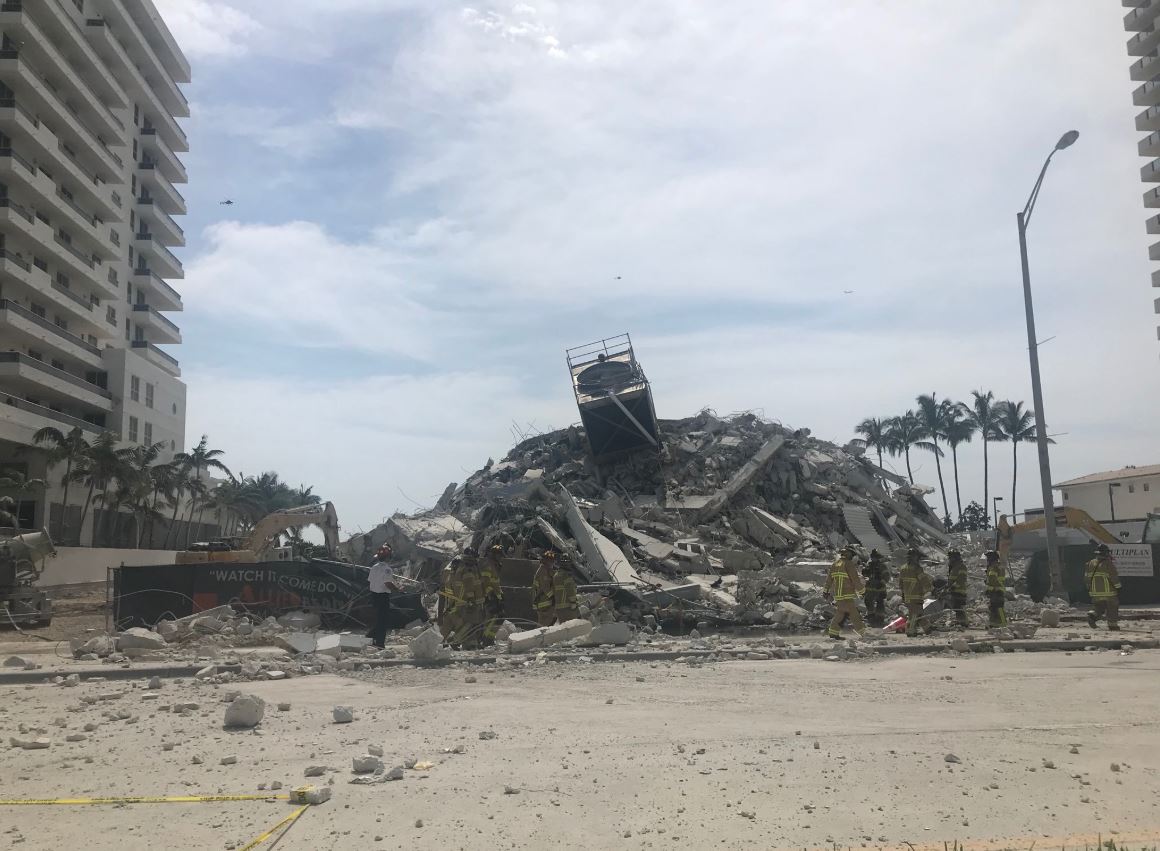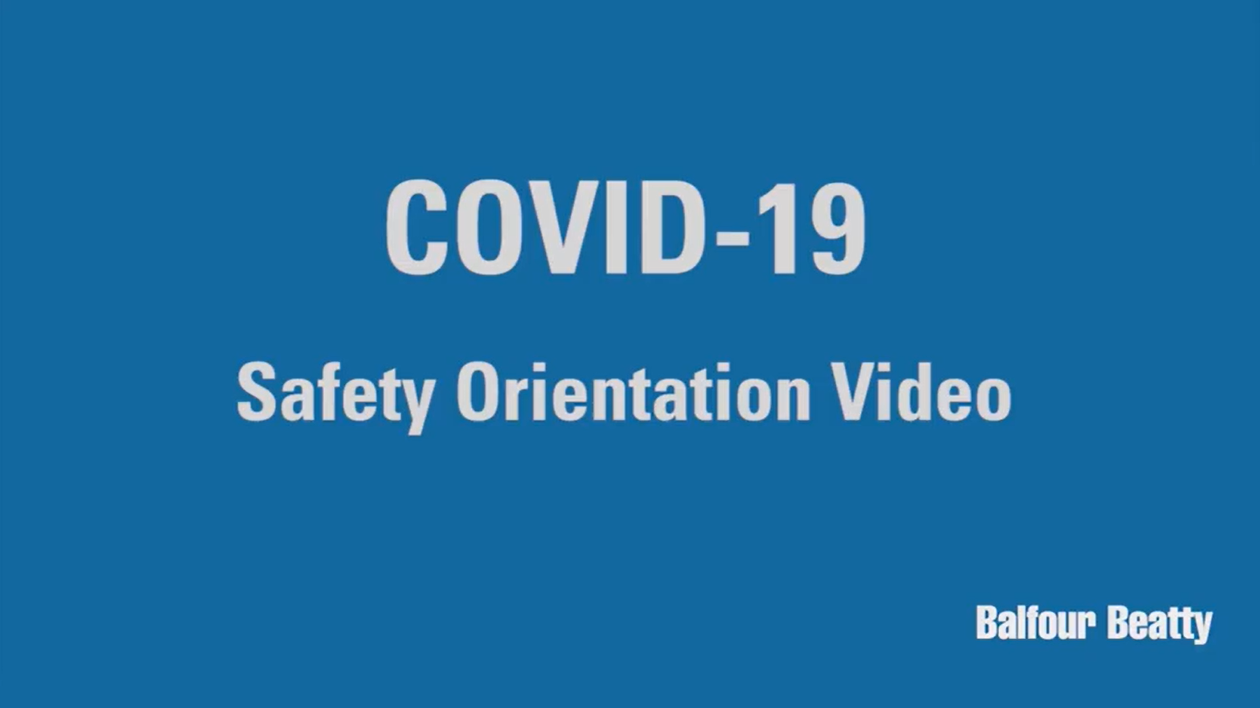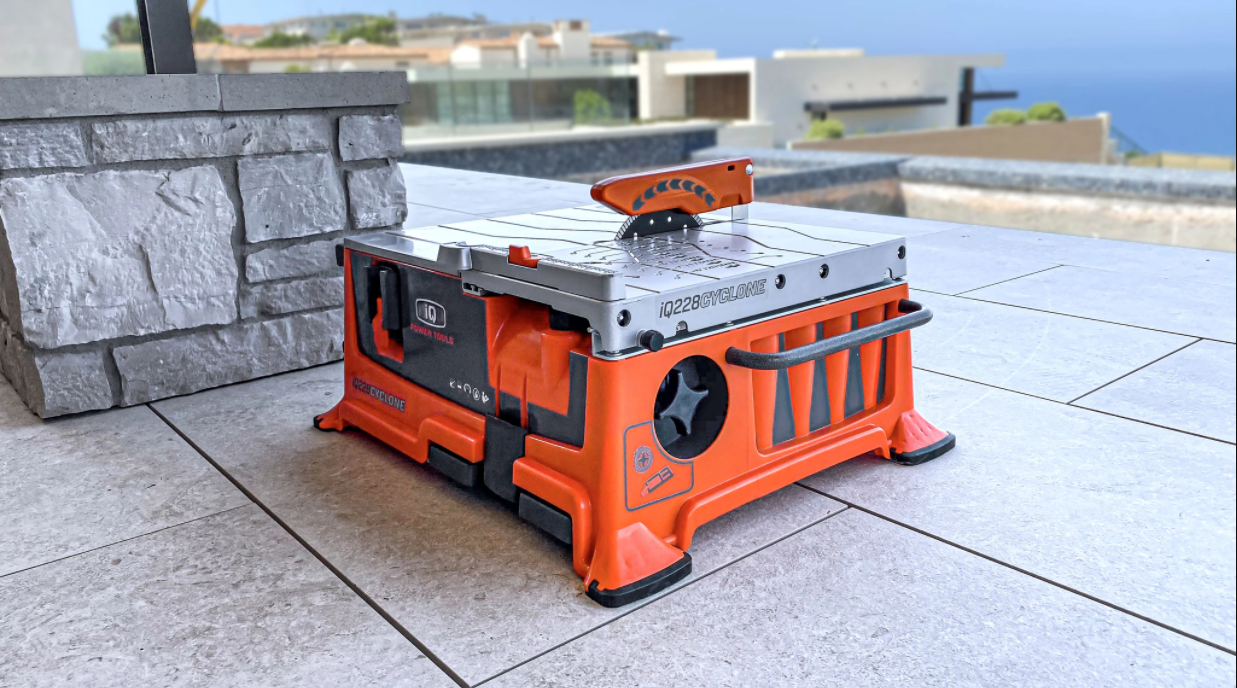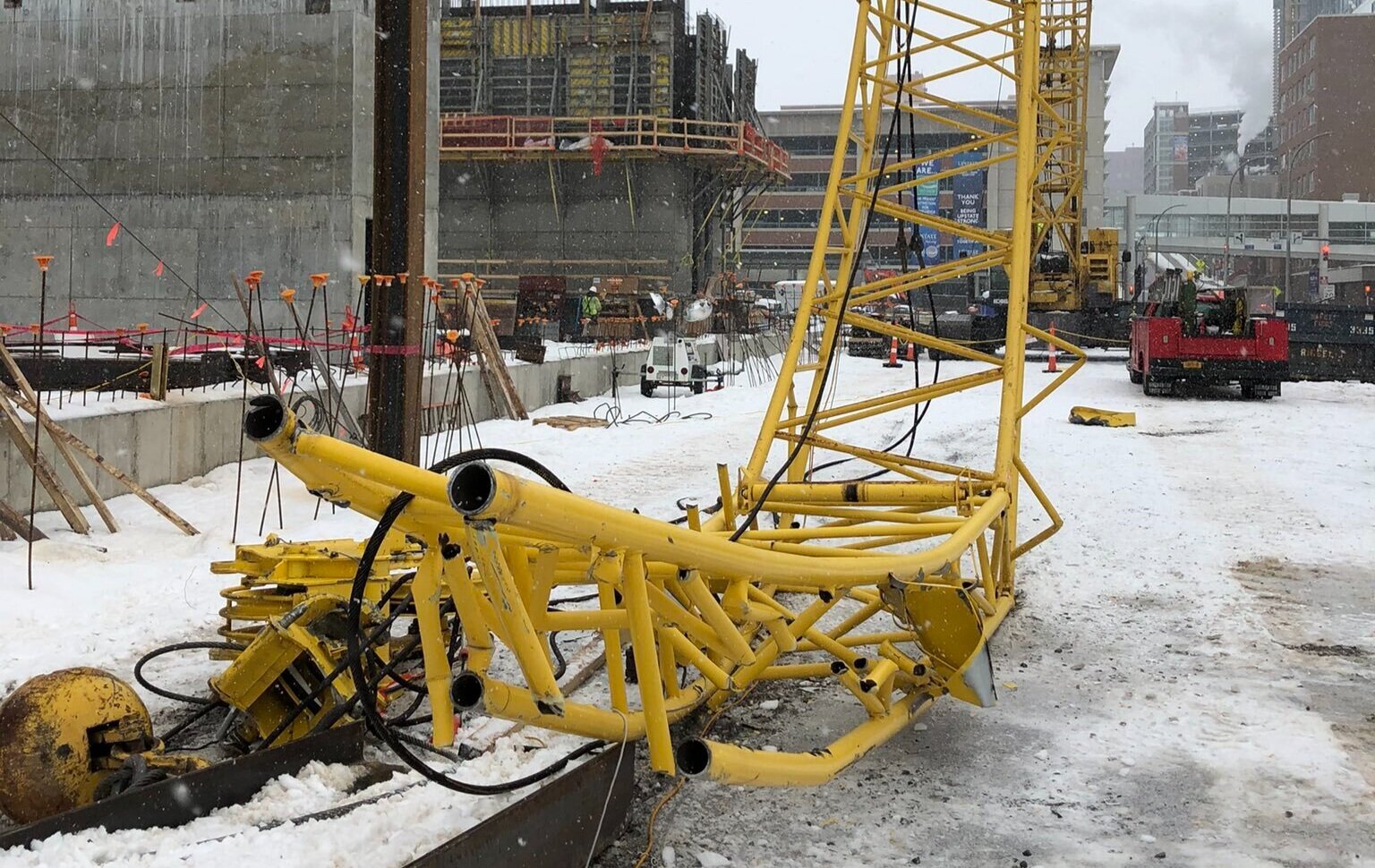In the original final rule, found in 29 C.F.R. § 1904.35, OSHA deemed that certain post-incident drug testing and workplace safety incentive programs could end up being unlawfully retaliatory against their employees. The belief was that, if done the incorrect way, those policies could end up discouraging incidents from being reported due to an employee’s fear of punishment.
Industry groups, including ABC, have long fought against that line of thinking, explaining that, without proper clarification from OSHA, the rule could make jobsites much less safe. On October 11, OSHA issued an official memorandum which explains that the Department does not prohibit workplace safety incentive programs or post-incident drug testing.
Per the memorandum, “The Department believes that many employers who implement safety incentive programs and/or conduct post-incident drug testing do so to promote workplace safety and health. In addition, evidence that the employer consistently enforces legitimate work rules (whether or not an injury or illness is reported) would demonstrate that the employer is serious about creating a culture of safety, not just the appearance of reducing rates. Action taken under a safety incentive program or post-incident drug testing policy would only violate 29 C.F.R. § 1904.35(b)(1)(iv) if the employer took the action to penalize an employee for reporting a work-related injury or illness rather than for the legitimate purpose of promoting workplace safety and health.”














Last summer, Hilti announced that they had developed their first exoskeleton designed for construction tradespeople in a partnership with Ottobuck, a prosthetics, orthotics, and exoskeleton provider. Earlier this month, Hilti officially released the exoskeleton, announced more details, and published its retail price on their website.